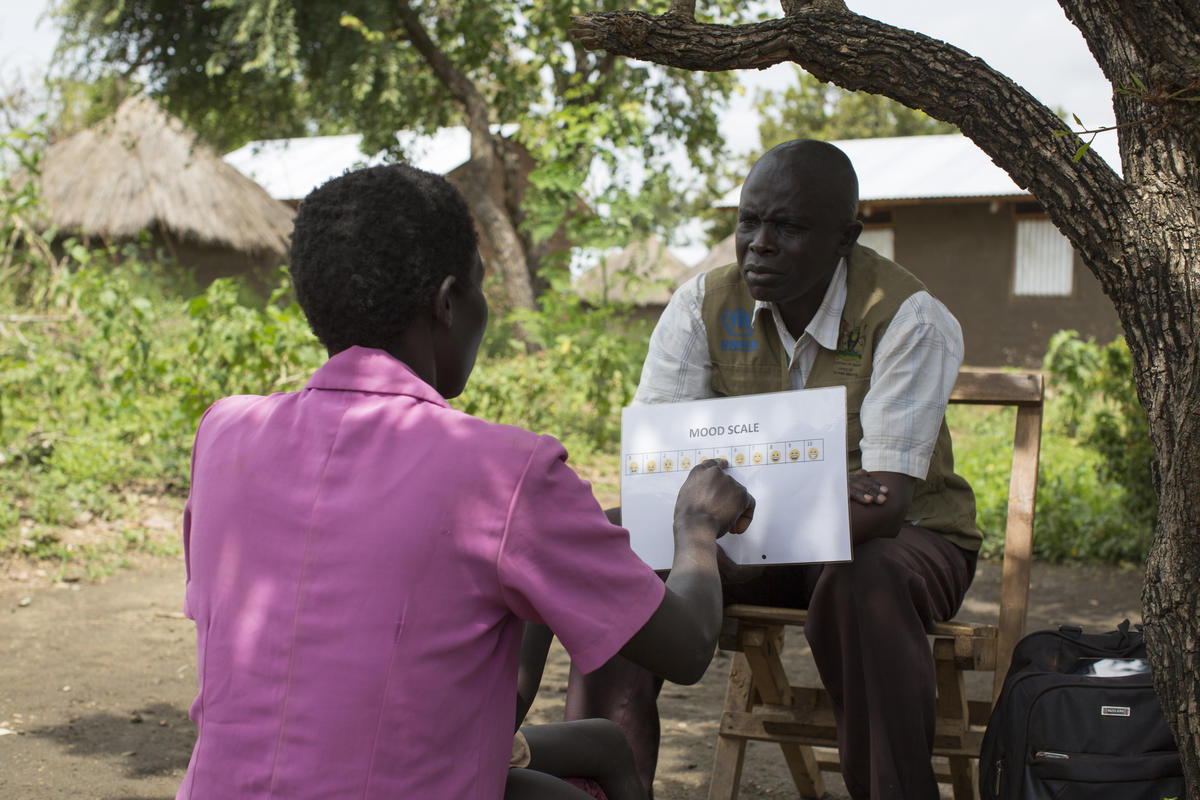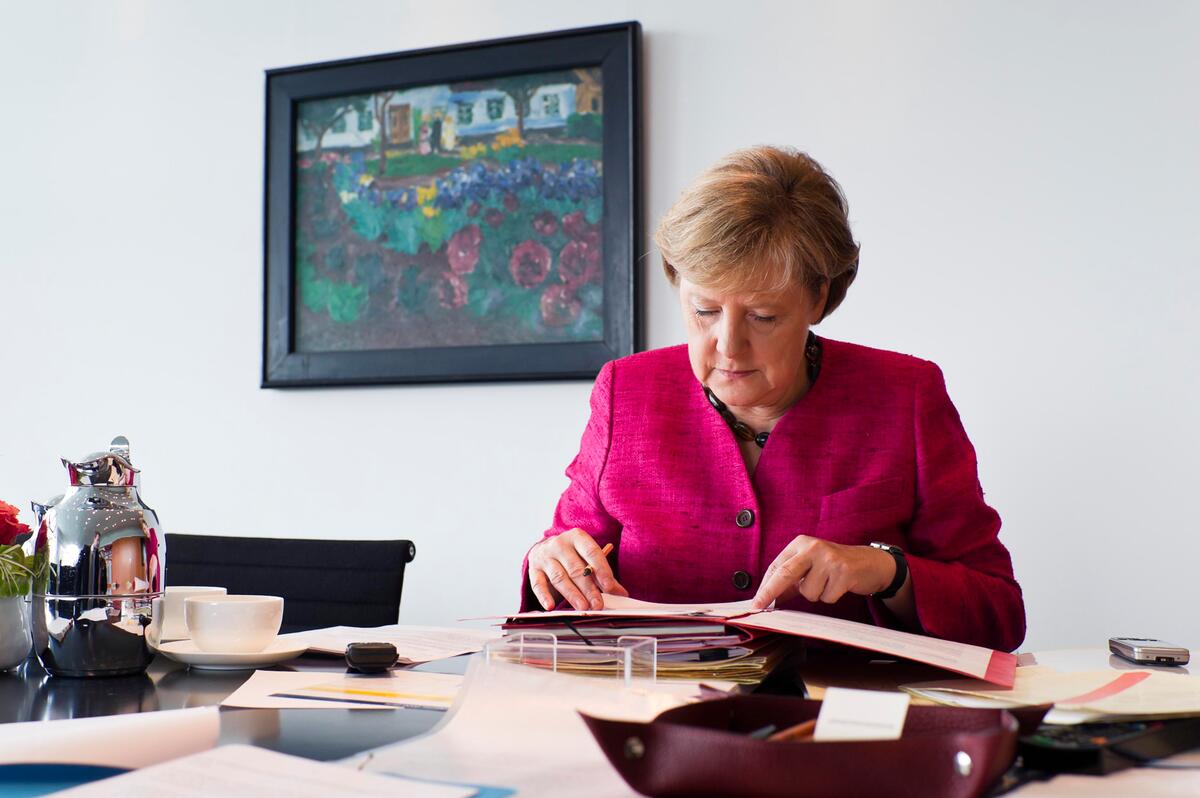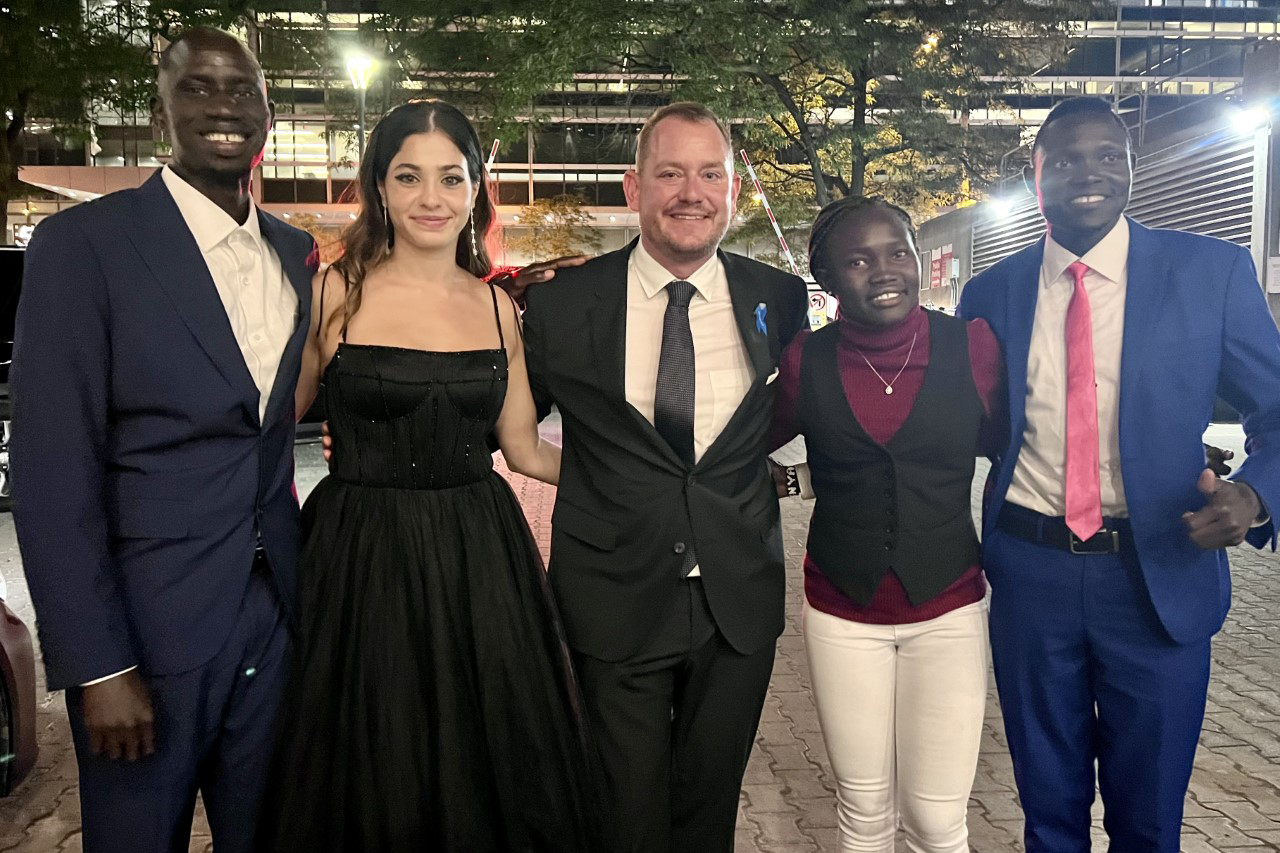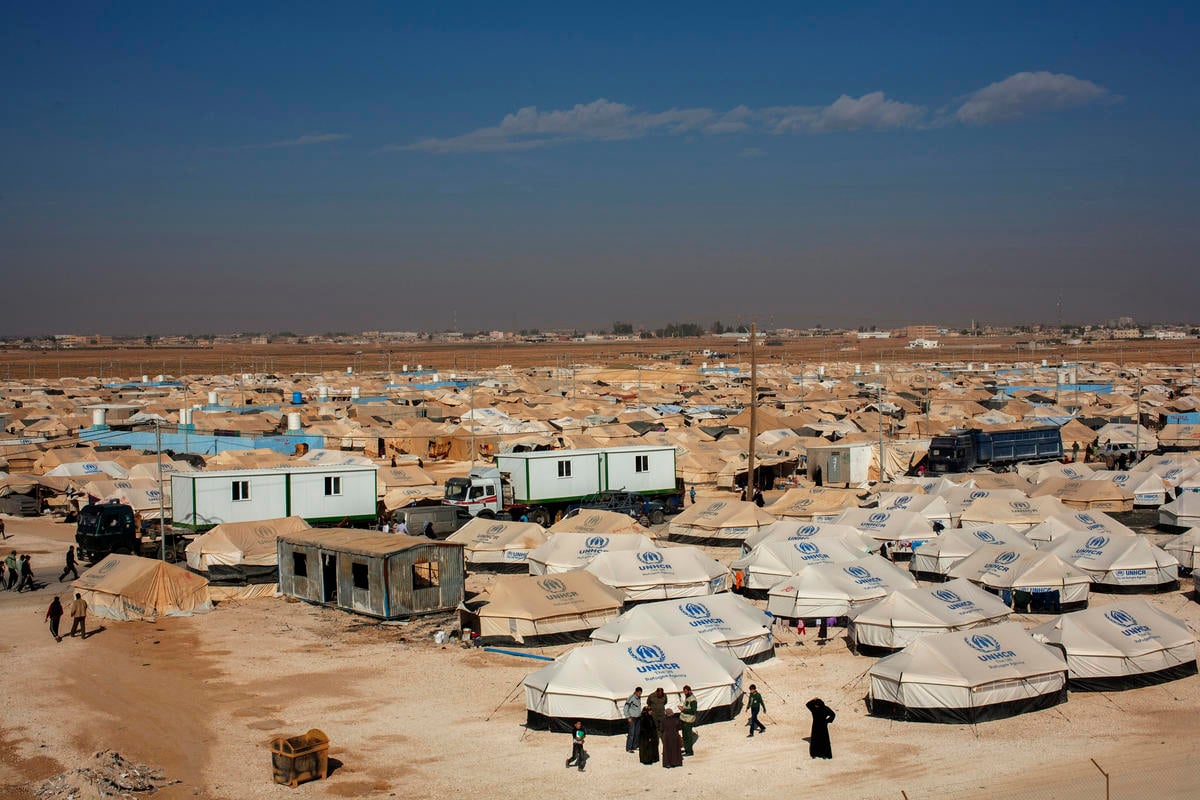Q&A: Top Colombian envoy visits Lebanon for UNHCR's Executive Committee
Q&A: Top Colombian envoy visits Lebanon for UNHCR's Executive Committee

BEIRUT, Lebanon, May 27 (UNHCR) - Alicia Arango Olmos chairs the UN refugee agency's important Executive Committee. The Colombian diplomat has a vital role to play in Geneva, but she rarely gets the opportunity to see UNHCR at work on the ground. Earlier this month, she went on a field mission to look at the vital emergency relief work being conducted by UNHCR in Lebanon, which is hosting more than 480,000 Syrian refugees. Ambassador Arango Olmos visited community centres and collective shelters in Beirut, Tripoli and Saida and her trip will help raise awareness about the situation for Syrian refugees and to inform colleagues of their many needs. She discussed her impressions with UNHCR Public Information Associate Dana Sleiman. Excerpts from the interview:
You visited Syrian refugees in south and north Lebanon. What did you see?
I was very impressed by two things... First, it was very encouraging to see women working for their own empowerment, working to be themselves, working so that their daughters can have a better future. In them, you see hope. At the same time... I think that what UNHCR has achieved is admirable: the way people function, the way people receive the refugees, the faces of refugees. I think that has to be shown to the world. That's the real way to work.
What was the general mood among the refugees you met there?
I could see several moods. First, [I saw] women with lots of will and desire to achieve things for themselves, for their family... [They are] shouting to the world: "We are here and we want to go on." At the same time, I would like to call the international community's attention to the fact that providing shelter on its own is not a durable solution... We have to give hope... We have to help people to get out of the shelters and make a life for themselves.
Were you particularly moved by any personal story?
Here, you constantly hear stories about many things. But what moves me most is not having an answer to what's going to happen tomorrow. When you don't have answers about what's going to happen tomorrow, life loses its pleasure.
What was your impression of the UNHCR operation in Lebanon?
I'm really impressed. UNHCR staff are... working in a very difficult situation. I'm impressed by your organization, by the way you treat refugees, by your openness, by always being there, always being ready... I really congratulate you.
Does UNHCR have enough resources to meet the needs of all these refugees?
There's undoubtedly a need for funds. The international community, the private donors... everyone should take a look at the Lebanon situation and make an effort to help. A little assistance from everyone helps a lot.
How does the situation compare to the problem of displacement in Colombia?
Colombia has had a [forced] displacement problem for many years, unfortunately. Today, we have more displaced people than any other country in the world: 4 million. It's something that you have to pay attention to, because it grows. And people get used to it. You should never get used to being displaced. So now, it's time for Lebanon and the world to pay attention to the situation. Please don't let this become bigger.
What message do you have for the international community?
Lebanon is shouting for help. Funding is needed: we need to broaden our community of donors. We need more people, more countries, working on this. And I also have to thank all donors and all those working on this.








